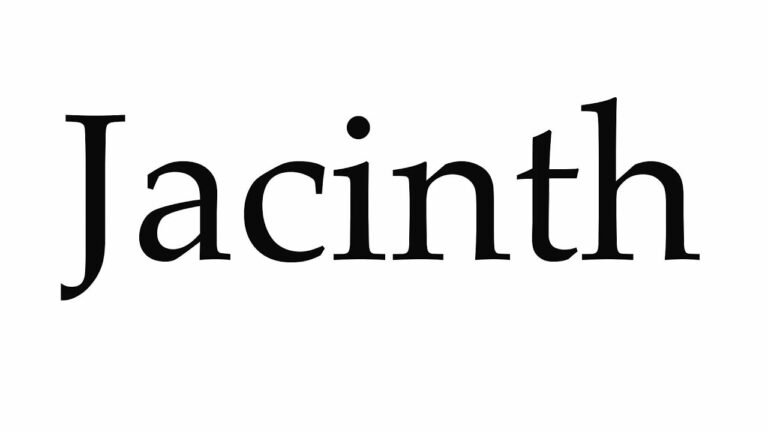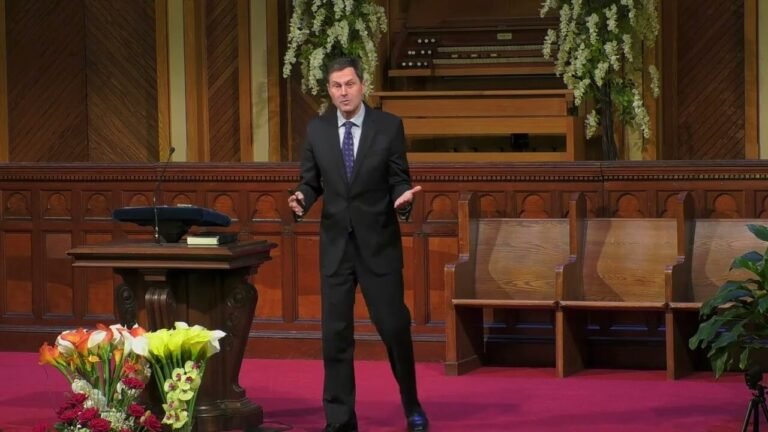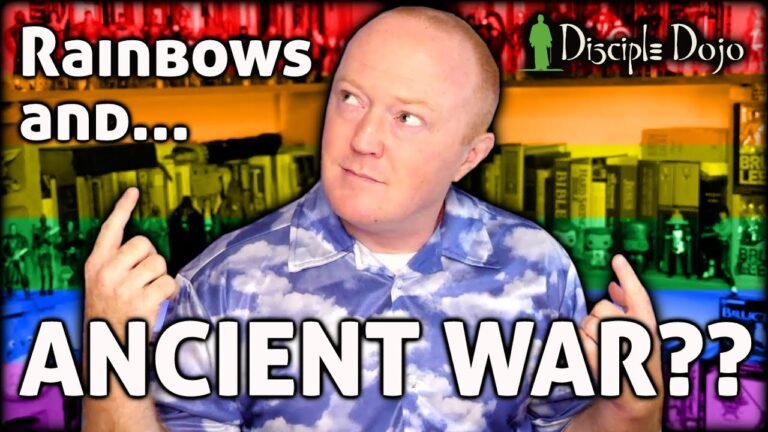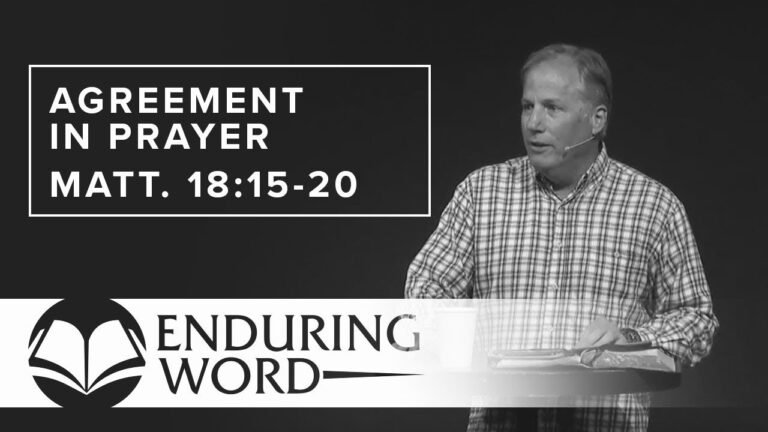Rethinking Dogma: A New Perspective on Belief Systems
In the ever-evolving landscape of belief systems, the term dogma often emerges as a focal point of discussion. Defined as a set of principles or doctrines laid down by an authority as incontrovertibly true, dogma can shape ideologies, influence cultures, and even dictate personal convictions. Yet, in a world increasingly characterized by diverse perspectives and critical thinking, the implications of adhering to dogma merit a closer examination. This article delves into the essence of dogma, exploring its origins, impact, and the fine line between steadfast belief and open-minded inquiry.
- Dogma refers to established beliefs or doctrines held by a group, often without questioning or doubt, particularly in religious or ideological contexts.
- It can limit critical thinking and open discourse, as adherence to dogma may discourage alternative viewpoints and discussions.
What is the simple meaning of dogma?
Dogma refers to a set of beliefs or doctrines upheld by a religion or political system. Originating from the ancient Greek term meaning “something that seems true,” the concept has evolved to imply a more rigid adherence to these core beliefs. Today, if someone subscribes to a particular faith or philosophy, they are often expected to accept its dogma as absolute, shaping their worldview and guiding their actions within that framework.
What are some examples of dogma?
Dogma represents a set of principles or beliefs that are established as authoritative and not open to question or doubt. In the realm of religion, one prominent example is the belief in the virgin birth of Mary, which is upheld as a fundamental truth within Christianity. This dogma shapes the faith and practices of millions, serving as a cornerstone of Christian belief and tradition.
Beyond religion, dogma also permeates the world of science, often manifesting in prevailing theories that go unchallenged for extended periods. A historical example is the miasma theory, which posited that diseases such as childbed fever were caused by “bad air.” This belief dominated medical understanding in the 19th century, influencing practices and public health policies until it was eventually replaced by germ theory.
The rigidity of dogma, whether in religious or scientific contexts, can hinder progress and open-minded inquiry. While it provides a framework for understanding the world, it also raises important questions about the evolution of thought and the necessity of questioning established beliefs. In both spheres, the shift from dogmatic thinking to more flexible, evidence-based approaches has often led to significant advancements and deeper insights.
Is dogma beneficial or harmful?
Dogmatism is often viewed as a hindrance to personal and social well-being. By rigidly adhering to their own beliefs and dismissing the perspectives of others, dogmatic individuals create barriers to understanding and connection. This refusal to engage with differing viewpoints not only isolates them but also limits their ability to grow intellectually and emotionally.
Moreover, the negative correlation between dogmatism and overall well-being underscores the detrimental effects of such closed-mindedness. Individuals who cling to their beliefs with an iron grip often struggle to adapt to new ideas, leading to stagnation in their personal development. Embracing openness and flexibility, in contrast, fosters healthier relationships and a more fulfilling life experience.
Challenging the Status Quo of Faith
In a world where tradition often overshadows innovation, challenging the status quo of faith can ignite transformative conversations and foster deeper connections among diverse belief systems. By questioning long-held doctrines and embracing open dialogue, individuals can explore spirituality beyond the confines of dogma, allowing for a richer understanding of the human experience. This journey encourages us to seek common ground, celebrate our differences, and ultimately redefine what it means to believe. As we step away from rigid frameworks, we open ourselves to a faith that is dynamic, inclusive, and profoundly personal, inviting others to join us in this expansive exploration of the sacred.
Unpacking the Layers of Conviction
Conviction is a powerful force that shapes our beliefs, actions, and interactions with the world around us. It serves as a guiding principle, driving individuals to pursue their passions and stand firm in their principles. However, beneath this surface lies a complex web of influences, including personal experiences, cultural contexts, and societal expectations. Each layer adds depth to our understanding of what conviction truly means, transforming it from a mere stance into a deeply embedded aspect of our identity.
As we explore these layers, we begin to see how convictions can evolve over time. Life experiences, such as challenges, triumphs, and relationships, often prompt introspection and reassessment of previously held beliefs. This dynamic nature of conviction highlights the importance of remaining open to new ideas and perspectives, allowing us to grow and adapt. In this way, conviction can foster resilience, encouraging individuals to navigate life’s uncertainties while staying true to their core values.
Ultimately, unpacking the layers of conviction leads to a richer understanding of ourselves and others. It invites us to engage in meaningful conversations and to appreciate the diverse motivations that drive different perspectives. By recognizing the complexity behind our beliefs, we cultivate empathy and foster connections that transcend superficial differences. In a world increasingly defined by polarization, embracing the multifaceted nature of conviction can serve as a bridge toward greater understanding and unity.
Embracing Change in Traditional Beliefs
Change is an inevitable part of life, and embracing it can lead to personal growth and a deeper understanding of the world around us. Traditional beliefs often provide a comforting sense of stability, yet they can also hinder progress if clung to without question. By challenging these beliefs and remaining open to new ideas, individuals can cultivate a mindset that fosters adaptability and resilience in the face of change.
As society evolves, so do the values and perspectives that shape our understanding of various issues. Embracing change requires a willingness to reassess and redefine what we hold to be true. This process not only enhances our ability to navigate complexity but also encourages empathy and a broader appreciation for diverse viewpoints. By integrating new insights into our belief systems, we can create a more inclusive environment that respects both tradition and innovation.
Ultimately, embracing change in traditional beliefs enriches our experiences and strengthens our connections with others. It allows us to honor our roots while also exploring new horizons, fostering a culture of continuous learning and growth. By striking a balance between tradition and transformation, we can navigate the complexities of modern life with confidence, armed with a more nuanced understanding of ourselves and the world we inhabit.
Navigating the Future of Ideological Thought
As we stand at the crossroads of technological advancement and societal evolution, the landscape of ideological thought is undergoing a profound transformation. The rapid exchange of ideas facilitated by digital platforms is fostering a diverse marketplace of beliefs, challenging traditional paradigms and inviting new perspectives. This dynamic environment encourages critical thinking and open dialogue, allowing individuals to navigate their own ideological journeys. Embracing this fluidity, we can cultivate a more inclusive discourse that values empathy and understanding, ultimately shaping a future where diverse thoughts coexist and inspire collective progress.
Embracing the essence of def dogma opens the door to a more nuanced understanding of beliefs and values. By questioning rigid doctrines and fostering open dialogue, we empower ourselves to explore diverse perspectives and cultivate a more inclusive society. This transformative approach not only enriches our personal growth but also strengthens the bonds that unite us in our shared human experience.







